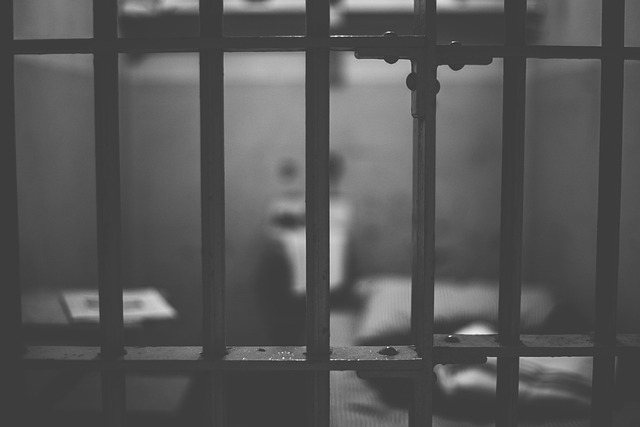Fredy Ochoa (Full Name: Fredy Rosas Ochoa), 39, Died Following Detention at Twin Towers Correctional Facility in Los Angeles

LOS ANGELES, CALIFORNIA (November 8, 2025) – A 39-year-old inmate identified as Fredy Ochoa has tragically died while being held in custody at the Twin Towers Correctional Facility in Los Angeles.
Los Angeles County officials are saying that the incident took place on July 21, 2025. Correctional officers were called to the cell of Fredy Ochoa.
He was apparently in some type of medical distress. Despite life-saving measures, Fredy Ochoa later died at the jail.
His cause of death was listed as Acute Bronchopulmonary Pneumonia by the Los Angeles County Sheriff’s Department. A full investigation into the death remains ongoing.
Liability for Los Angeles County Inmate Deaths
Jails have a legal obligation to provide for the needs of inmates in their care. This includes providing for their medical needs. The Supreme Court of the United States has held that inmates have a constitutional right to receive this care. Failing to give inmates adequate medical care is considered a form of cruel and unusual punishment and thus unconstitutional. Jails may contribute to an inmate’s death in a number of ways.
- Emergency Care: A jail may delay getting an inmate the emergency care that they need.
- Health Screening: A jail may fail to give an inmate a thorough medical evaluation.
- Excessive Force: A jail can cause an inmate to go into distress through their use of excessive force.
Not every instance of negligence will create the basis of a constitutional claim. Rather, a jail could be liable for an inmate’s death if they acted with deliberate indifference. It is important to consider all of the circumstances surrounding any death. Inmate deaths are rarely the result of the wrongful acts of a single person. It is more likely the result of systemic failures within any particular jail.
Steps to Take After Los Angeles County Inmate Deaths
Inmate deaths remain all too common across California and the United States. According to Be Healthy Sacramento, “Evidence suggests there are likely between 6,500 and 7,000 deaths in custody each year in the United States. This includes deaths due to illnesses, suicides, homicides, and accidental deaths (National institute of Justice).” It is important that certain actions are taken after an inmate death.
- Medical Records: All of the medical records related to the death should be collected. These can help reveal what may have gone wrong.
- Jail Records: Every jail will keep extensive records related to inmates in their care. These can help demonstrate negligence.
- Legal Review: Surviving family members of any person who died in custody should carefully consider all of their legal options with a civil rights attorney.
Jails can often be extremely deceptive about the nature of any death in their custody. For example, they will often claim that some death was “natural.” But this term can be highly misleading. A number of reports and investigations have revealed that many deaths listed as “natural” actually involve some amount of medical neglect. The family of any person who died in the custody of a county jail may pursue justice through a wrongful death claim.
Investigating Los Angeles County Inmate Deaths
We at Carrazco Law extend our deepest condolences to the family of Fredy Ochoa. Any person who may have more information about what happened should reach out to investigators. There needs to be a thorough investigation into what went wrong. The number of inmate deaths across Los Angeles County in recent months remains deeply concerning.
Do you need more information about a Los Angeles County inmate death? Our team of civil rights investigators is here for you. We care deeply that victims are aware of their rights and that jails are held fully accountable for their illegal conduct. Whether you just have legal questions or need any other type of support, we are here for you. You can reach out to us anytime at (800) 541-3244.


